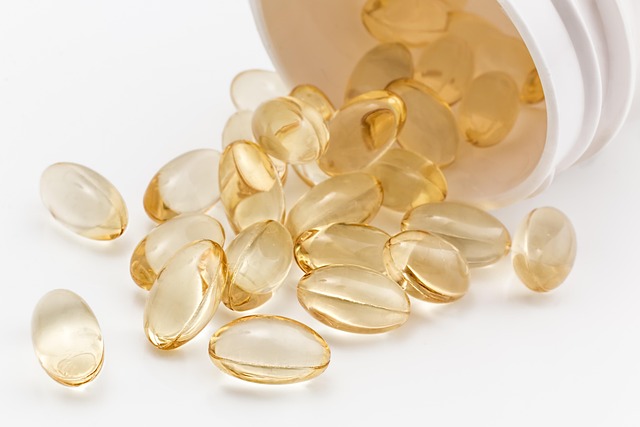
Probiotics / Prebiotics For those curious about the differences between probiotics and prebiotics, here is a concise summary:
Prebiotics Prebiotics are composed of oligosaccharides, which are small chains of sugar molecules (2–8 units) made up of glucose, fructose, galactose, and similar sugars. These are sweet, water-soluble crystalline substances. The term "oligosaccharides" or "prebiotics" is used to classify these compounds based on their chain length, alongside monosaccharides (single sugars) and polysaccharides (longer chains).
Prebiotics offer various health benefits, including anti-cancer, antibacterial, hypolipidemic activities, and modulation of glucose levels. They also improve bone health, enhance mineral absorption and balance, and increase calcium and mineral absorption in the colon.
Because prebiotics are not broken down by digestive enzymes, they reach the intestines and serve as a nutrient source for beneficial bacteria (probiotics). For pigeons, glucose and fructose, found in prebiotics, are also direct energy sources.
Although prebiotic products for pigeons are not widely available, honey—a common ingredient (containing about 30% glucose and 40% fructose)—can provide similar benefits.
Probiotics Probiotics refer to beneficial bacteria residing in the intestines. These bacteria form a protective layer in the gut and create a mildly acidic environment that prevents the proliferation of harmful bacteria.
Probiotics are highly sensitive to stress but are also affected by sudden changes in diet or the use of antibiotics. When the probiotic population decreases, the gut environment shifts to a mildly alkaline state, creating favorable conditions for harmful microorganisms such as E. coli, Candida (yeast or thrush), and Salmonella. Besides enhancing overall immunity, probiotics are known to promote weight gain in pigeon chicks during breeding.
Some breeders use human probiotics, like “Yakult,” but research shows that out of 50 strains tested, only about three strains are effective and adaptable to pigeon guts. This suggests that human probiotics, like Lactobacillus casei, are not very useful for pigeons.
Among the pigeon-specific probiotics available, Probac 1000, produced by Dr. Brockamp in Germany, is considered one of the best products.
"Pigeons sometimes eat dried pigeon droppings, which is a way to supplement probiotics. While this is a normal behavior, it is important to use probiotic products to provide more effective supplementation."
| 
